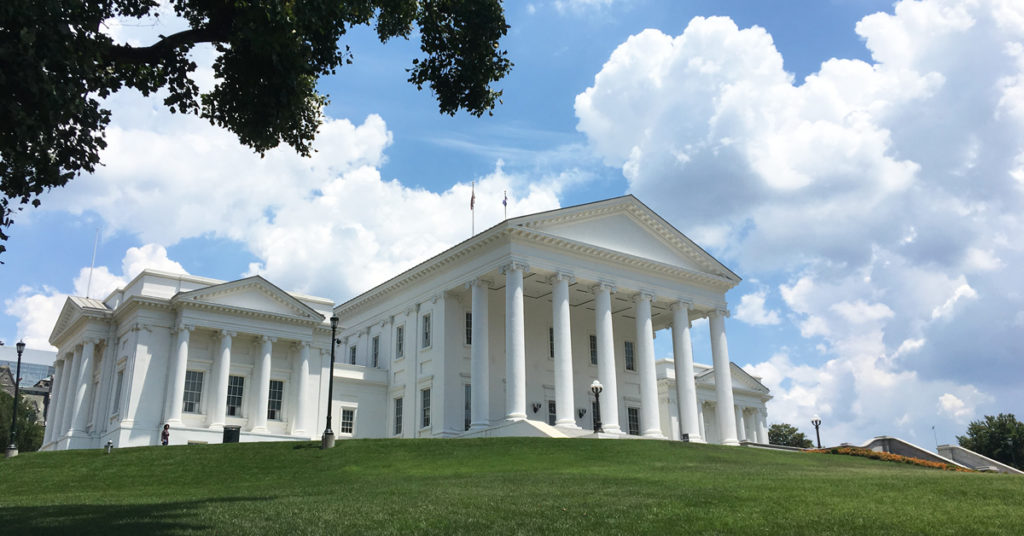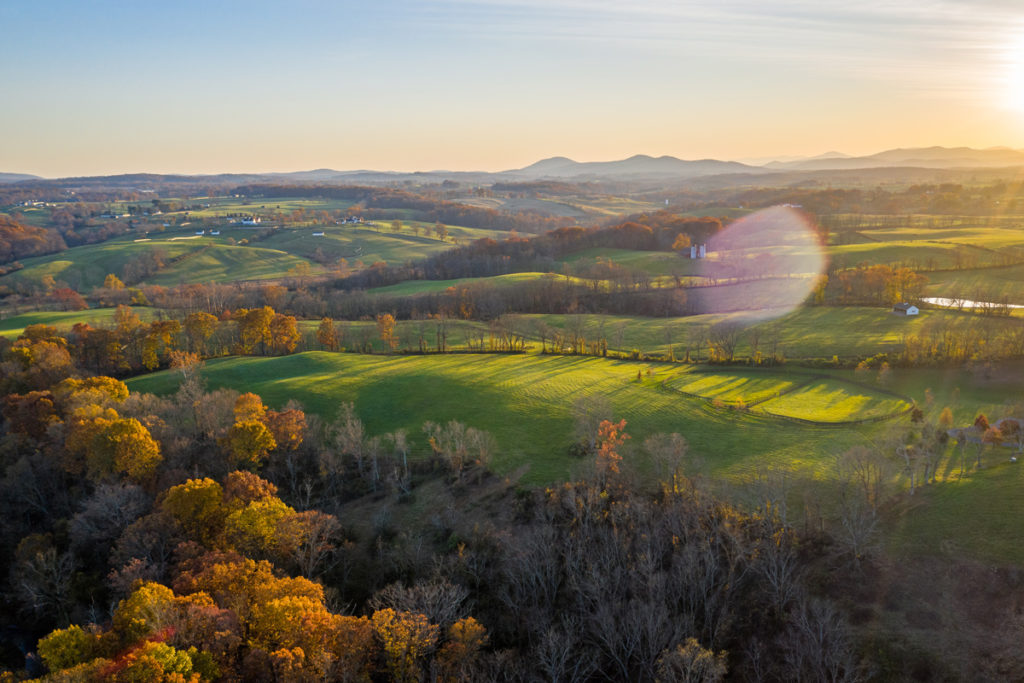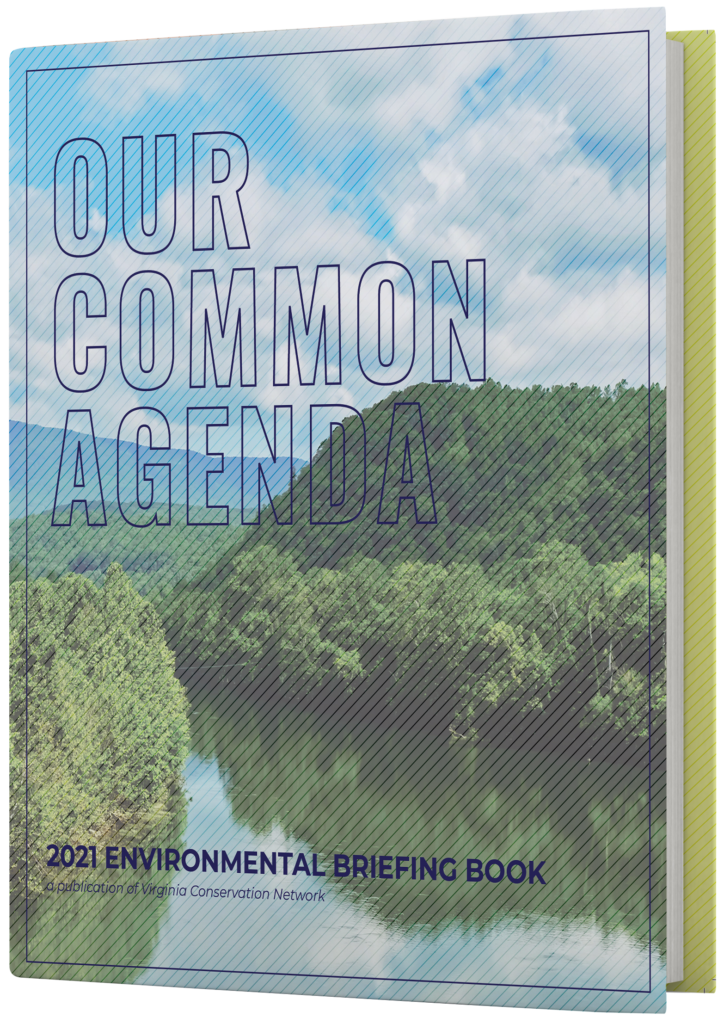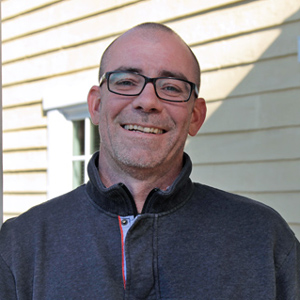This text was taken from an email alert sent out on January 12, 2021. Sign up for email alerts >>

Dear supporter,
Tomorrow marks the start of the 2021 Virginia General Assembly. Due to the ongoing pandemic, public participation in this session will be conducted virtually.
We are in a “short” session year, which is required by the state constitution to be 30 days, but is often extended to 46 days by a vote of the legislature. However, the Republican caucus has announced it will not vote for an extension. In response, Gov. Northam has stated he will call a special session at the conclusion of the 30-day regular session to conclude any unfinished business. While he has said this special session could last 16 days in order to reach a 46-day General Assembly, it could also be longer.
If the session is truly limited to 30 days, it will be the shortest in over 50 years and will create many challenges with both tracking and weighing in on legislation. It also means bills will move really quickly.
A shortened, fast-moving General Assembly session makes your voice all the more critical. Bills are still being filed, but I am writing today to give you a sense of the issues The Piedmont Environmental Council will be working on, as well as information on how to follow and support the priorities of our Virginia Conservation Network partners.

From Bills to Budget – What We Know
At the time we send this, just over a quarter of the ~1,200 bills that could be filed (limit 7/Delegate, 12/Senator) have been posted on the Legislative Information System. Many more will be coming over the next few days, so we will be adding bill numbers and additional information to our website through the remainder of this week. But here is what we know so far:
Land Conservation
PEC’s focus this session will include an effort to strengthen the integrity of conservation easements, ensuring that disputes over terms are decided in favor of the conservation purpose of the easement, reflecting the intent of the original easement donor. A 2016 Virginia Supreme Court ruling made clear this legislation is needed, particularly for older easements. HB 1760 (Webert and Gooditis) has been filed and we await a bill number for Senator Petersen’s companion bill.
We are also joining with other conservation organizations to champion the need for dedicated sources of revenue to fund land conservation and water quality objectives. Natural resources are often overlooked in state budgets, and Virginia is no different, historically underfunding agencies and associated programs. We hope to build broader support for dedicated funding and look forward to working with the legislature to identify the best and most ethical tools to meet the significant need. One piece of legislation by Delegate Orrock (HB 1804) may begin to address this with dedicated funding for state parks.
Lastly, on sustainable habitat, we are supporting Delegate Bulova’s House resolution (HJ 527) to study the sale of invasive exotic plants in hopes of reducing their spread in the commonwealth. We also support a budget amendment with similar language submitted by Senator Marsden.

Energy and Utility Reform
We expect to support a suite of bills addressing electric utility reform. Many of these will tackle necessary rate reforms and restore power to the SCC to review severe over-earnings by Dominion Energy. These efforts include HB 2057 (Ware) and HB 1914 (Helmer).
There are also several good pieces of legislation pertaining to renewable energy. For example, we support HB 1925 (Kilgore) which incentivizes the use of brownfields (underutilized industrial lands or contaminated sites) for utility-scale solar.PEC also supports HB 2067 (Webert) which would lower from 150 to 50 megawatts the maximum generation capacity of a solar facility to qualify for issuance of a permit by rule, as we believe any project that would impact greater than 500 acres of land should be subject to the SCC process.
Water Quality
PEC continues to believe one of the most limiting factors to achieving watershed restoration goals for the Chesapeake Bay is the lack of funding for agricultural best management practices. It is critical to increase the funding for cost-share programs that help farmers implement practices such as fencing cattle out of streams to improve water quality on the farm and downstream. This session, we will support budget amendments for Agricultural Best Management Practices (AG BMPs) and legislation being carried by Delegate Wilt (HB 1763) and Senator Hanger (SB 1162) that provides another funding tool (tax credit) for these measures.

Historic Resources
We have been working with Senator McClellan’s office and hope to see a budget amendment providing funding for the Department of Historic Resources for the purpose of surveying untold histories (American Indian, African American and other marginalized communities) so that the historic fabric of these communities can be better understood and protected. Our analysis of previously listed National Register historic districts makes clear that resources related to these communities are woefully underrepresented in the state database.
There will be many more bills to come, including on land use and transportation, and we will do our best to alert you as they move through the process.
Learn More and Get Involved
Thursday, January 21
Conservation Lobby Day (Virtual)
8:00 am – 5:00 pm
Richmond, VA (virtual)
Cost: Free (donations accepted)
I encourage you to attend the Conservation Lobby Day hosted by the Virginia Conservation Network (VCN). You’ll have the chance to hear updates about legislation from professional staff in the environmental community and join other volunteer advocates to meet (digitally) with legislators.
2021 Environmental Common Agenda
This briefing book is an annual publication produced by VCN and outlines the conservation community’s policy priorities — everything from clean energy and renewables, to water quality and transportation. In addition to helping write content for this great resource, PEC also coordinates closely with our partners at VCN throughout the session.
View the briefing book online >>

As this very different General Assembly session moves forward, we will do our best to alert you to opportunities to engage or take action, but I encourage you to get in touch with your delegate and senator now to let them know what issues are important to you.
Stay tuned for our action alerts and social media posts throughout the session! Follow us on Facebook >>
If you have questions on any of these bills, or other things you hear coming out of Richmond, please don’t hesitate to shoot me an email.
Sincerely,
Dan Holmes
Director of State Policy
The Piedmont Environmental Council
[email protected]


